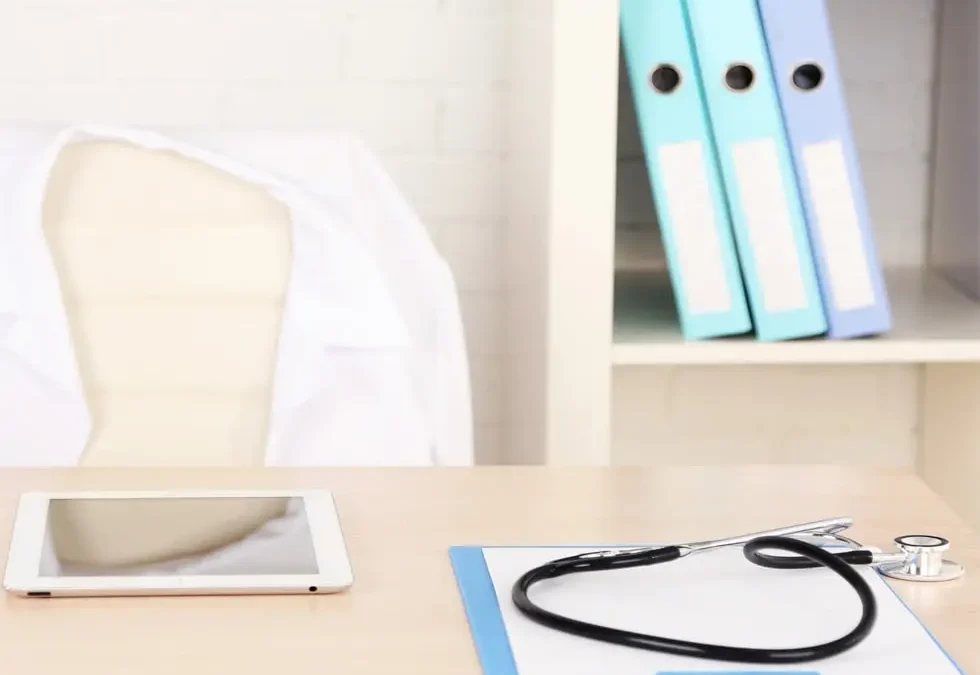Ensuring the confidentiality of sensitive medical information is not only a moral imperative but also a legal requirement. This is where HIPAA (Health Insurance Portability and Accountability Act) compliance comes into play, especially in the realm of medical answering services.
Why HIPAA Compliance Matters
HIPAA stands as a safeguard, shielding patients’ personal health information (PHI) from unauthorized access and disclosure. For medical answering services, which often act as the frontline communicators for healthcare practices, adhering to HIPAA regulations is paramount. It ensures that patient data remains secure and protected at all times, fostering trust between healthcare providers and their patients.
The Role of Virtual Receptionists in Maintaining HIPAA Standards
Virtual receptionists serve as the first point of contact for patients calling into medical practices. Whether scheduling appointments, relaying messages, or addressing inquiries, they handle sensitive PHI daily. To uphold HIPAA compliance, virtual receptionists adhere to rigorous measures and protocols designed to safeguard patient privacy:
- Training and Certification: Virtual receptionists undergo comprehensive training on HIPAA regulations and best practices for handling PHI. They must demonstrate proficiency in understanding and implementing HIPAA guidelines before handling any patient-related information.
- Secure Communication Channels: All communication channels utilized by virtual receptionists, including phone lines and messaging platforms, are encrypted and secure. This ensures that patient information remains confidential during transmission.
- Strict Access Control: Access to patient information is strictly limited to authorized personnel only. Virtual receptionists are granted access only to the minimum necessary information required to perform their duties effectively.
- Confidentiality Agreements: Virtual receptionists are required to sign confidentiality agreements, committing to maintaining the privacy and security of patient information at all times. Breaches of confidentiality are taken seriously and may result in disciplinary action.
- Regular Audits and Monitoring: Ongoing audits and monitoring processes are in place to assess compliance with HIPAA regulations. This includes reviewing communication logs, conducting random quality checks, and implementing corrective measures as needed.
- Immediate Reporting of Breaches: In the event of a security breach or unauthorized access to patient information, virtual receptionists are trained to report incidents promptly. This enables swift action to mitigate potential risks and ensure compliance with HIPAA breach notification requirements.
By adhering to these measures and protocols, virtual receptionists play a crucial role in maintaining HIPAA compliance within medical answering services. Their commitment to protecting patient privacy helps healthcare practices uphold the highest standards of confidentiality and trust.
HIPAA compliance is not merely a checkbox to be ticked—it is a fundamental commitment to patient privacy and security. Through rigorous training, secure communication practices, and strict adherence to protocols, KlickWorks ensures that patient information remains confidential and protected.
If you’re seeking reliable and HIPAA-compliant virtual receptionist services, look no further than KlickWorks. Contact us today to learn more about how our dedicated team can support your practice’s communication needs while ensuring the highest standards of patient privacy and confidentiality.
